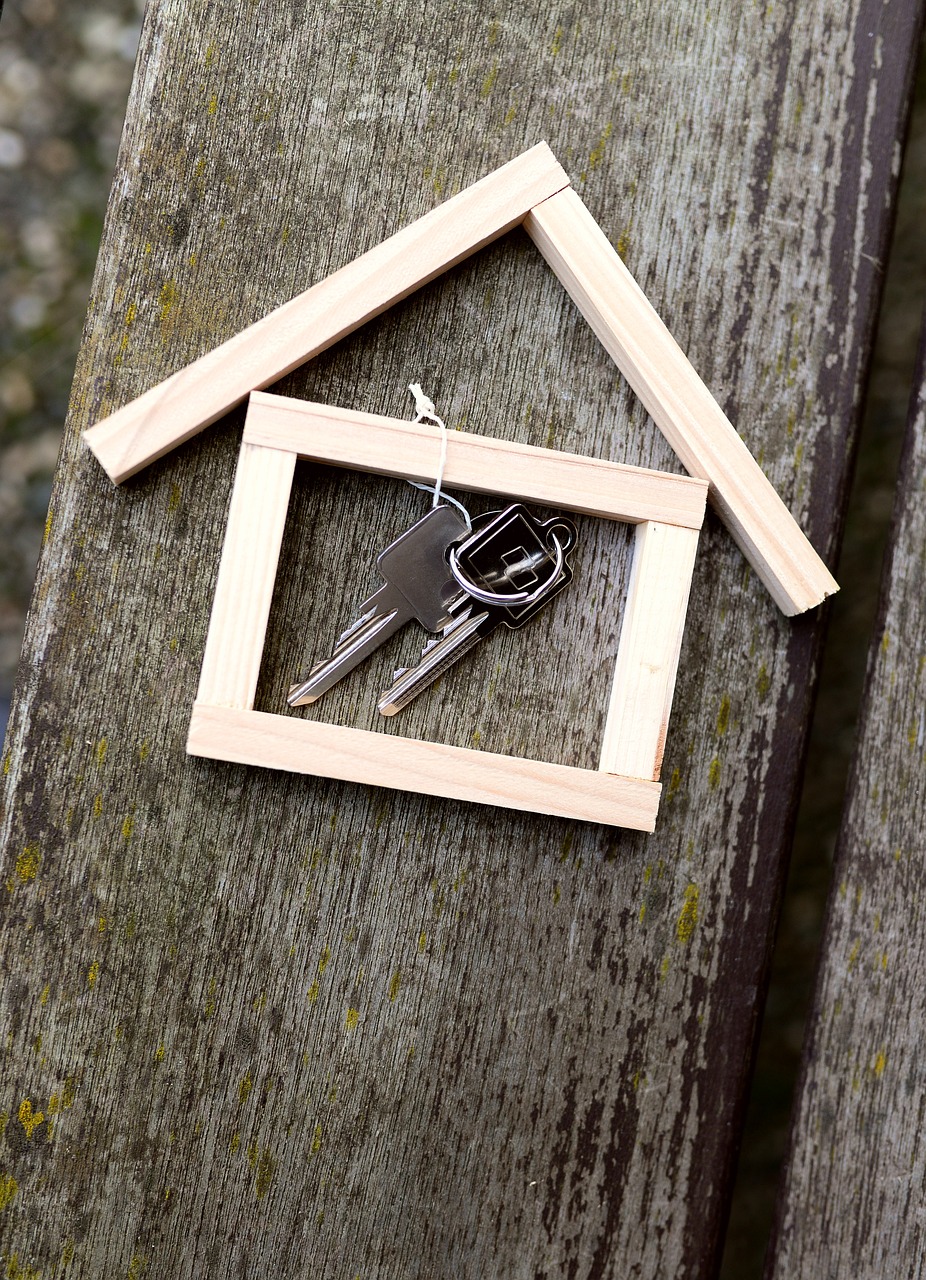At Darfoor Law Firm, we understand that accidents can disrupt lives in unexpected ways. Whether you’re dealing with a personal injury claim or navigating the complexities of a homeowner’s insurance issue, our experienced team is here to advocate for you every step of the way.
With a focus on helping individuals and families in our community, we specialize in personal injury law while offering support for homeowners facing challenges with their insurance providers. Here’s a closer look at our services and how we can assist you.
With a focus on helping individuals and families in our community, we specialize in personal injury law while offering support for homeowners facing challenges with their insurance providers. Here’s a closer look at our services and how we can assist you.
Personal Injury Services: Your Justice, Our Mission
Suffering an injury due to someone else’s negligence can be life-changing. Darfoor Law Firm is dedicated to ensuring you receive the compensation and justice you deserve. Our personal injury services include:
Suffering an injury due to someone else’s negligence can be life-changing. Darfoor Law Firm is dedicated to ensuring you receive the compensation and justice you deserve. Our personal injury services include:
- Car Accidents: From minor fender benders to major collisions, we help clients recover compensation for medical bills, lost wages, and emotional distress.
- Slip and Fall Accidents: Property owners have a responsibility to maintain safe conditions. If you’ve been injured due to negligence, we’ll fight for your rights.
- Workplace Injuries: We assist employees in securing the compensation they need, especially when workers’ compensation alone isn’t enough.
- Wrongful Death: If you’ve lost a loved one due to negligence, we provide compassionate legal support to help you seek justice.
- Medical Malpractice: We hold healthcare providers accountable for errors that result in injuries or harm to patients.
With a proven track record of successful settlements and a client-first approach, Darfoor Law Firm ensures that your case is handled with the care and expertise it deserves.Navigating Homeowner’s Insurance Claims
Homeowner’s insurance is designed to protect you during times of need, but the claims process can often feel overwhelming or unfair. Darfoor Law Firm specializes in helping homeowners resolve disputes and maximize their insurance coverage.
Our homeowner’s insurance services include:
Homeowner’s insurance is designed to protect you during times of need, but the claims process can often feel overwhelming or unfair. Darfoor Law Firm specializes in helping homeowners resolve disputes and maximize their insurance coverage.
Our homeowner’s insurance services include:
- Denied or Delayed Claims: If your claim has been denied or stalled, we’ll work to uncover the reasons and negotiate with your insurance provider.
- Damage Assessments: Whether it’s water damage, fire damage, or storm-related destruction, we help you document and present evidence for a strong claim.
- Policy Disputes: Insurance policies can be confusing, and insurers sometimes interpret them in ways that minimize payouts. We advocate for a fair resolution based on the terms of your policy.
- Underpayment of Claims: If your insurer isn’t offering enough to cover repairs or losses, we’ll fight to ensure you receive the compensation you’re owed.
With a deep understanding of insurance laws and a commitment to protecting homeowners, Darfoor Law Firm ensures that you’re not navigating these challenges alone.Why Choose Darfoor Law Firm?
At Darfoor Law Firm, we prioritize:
At Darfoor Law Firm, we prioritize:
- Client-Centered Advocacy: Your case isn’t just another file to us. We take the time to listen, understand, and tailor our approach to your needs.
- Expert Legal Knowledge: With extensive experience in personal injury law and homeowner’s insurance claims, we’re equipped to handle even the most complex cases.
- Transparent Communication: We keep you informed every step of the way, so you’re never left wondering about your case’s progress.
Let Darfoor Law Firm Be Your Voice
Whether you’ve been injured in an accident or are struggling with a homeowner’s insurance claim, Darfoor Law Firm is here to help you get the results you deserve.
We’re committed to standing by your side, ensuring that justice is served, and fighting for the compensation you’re entitled to.
Whether you’ve been injured in an accident or are struggling with a homeowner’s insurance claim, Darfoor Law Firm is here to help you get the results you deserve.
We’re committed to standing by your side, ensuring that justice is served, and fighting for the compensation you’re entitled to.




